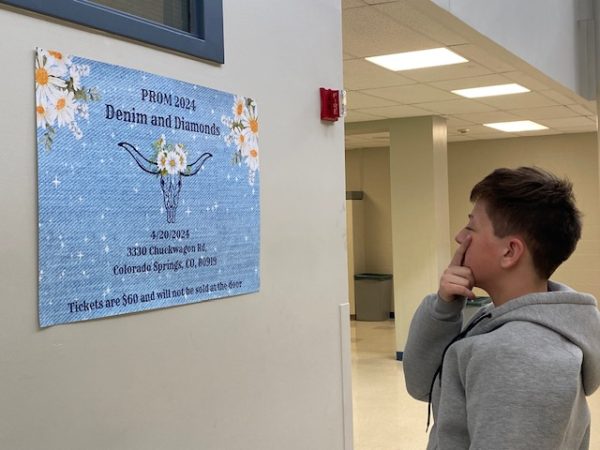Your Senioritis Isn’t Real
Every senior is going to kill me for writing this article.
Senioritis is a term meaning that a senior has been feeling like their brains have been beaten to a pulp with the overflow of work from the last four years of high school. The result in the final semester of the senior year is for teens to, in a sense, give up.
People “afflicted” with senioritis tend to see a drop motivation, causing a drop in grades.
However, senioritis isn’t an actually illness or mental health problem at all. It would make sense to mistake it for a disease at first, as those who come into contact with it find themselves wondering why they can’t seem to be motivated to do anything. That, combined with the etymology of the term “senior” – of course, meaning a high-school senior and “itis” being the Greek word for disease, it’s reasonable to believe that senioritis is an actual illness. It is, however, not so.
Instead, senioritis is comparable to a worker with only a week left at their job, they’re simply tired and ready to leave.
“It’s not a disease, that’s for sure,” says Mike Hillstrom, the psychology teacher at AAHS. “It’s a term that is used to describe a lack of motivation that a lot of seniors feel when they know they’re graduating”
That’s all senioritis is: a lack of motivation, in other words, laziness.
It’s very easy to fall into the “I have such bad senioritis and that’s why my grades are dropping” attitude, because it’s much easier to blame a lack of motivation on a so called “disease” rather than actually fighting the drop in effort and working to achieve greatness in the final year of high school.
A survey conducted by St. Olaf College in Minnesota found that “In order to cope with senioritis, seniors often complained to each other, procrastinated, or viewed it as a natural process as a senior, and thus not something that could be dealt with.”
Basically, it’s an excuse to alleviate responsibility and point fingers at an imaginary disease, even by non-seniors. There are times where people as young as freshmen will claim to have senioritis as an excuse for why they aren’t performing well academically. This creates a problem of students not working to fix their lack of motivation because they’re convinced there’s nothing they can do about it, when in reality there’s no psychological impediment on their ability to work.
While it is normal to feel a lack of motivation during the final semester of your senior year, it’s important to keep trying to pay attention and put effort in your projects. Colleges don’t care about a fake disease causing your lack of progress.
There are many ways to keep yourself on track with grades and motivation, whether you’re a senior in your last year or a freshman just starting. It can help to keep yourself busy outside of schoolwork. If you begin to find yourself struggling to pay attention in the middle of your work, take a break, go for a walk or make your bed. The more progress you make in your spare time, the more motivated you’ll be to complete your responsibilities.
“Schools can allow seniors to do service projects rather than go to class, allow them more opportunities to take college classes, and the students who take AP classes,” says Hillstrom. ” That’s another way to make sure they don’t lose too much motivation.”
Again, colleges don’t care about your lack of motivation, they care about results. So no matter what, do the best you can and fight senioritis to no end.

Hello. I'm Michael Boe, and this is my second year writing for the JetStream Journal. I'm an author and I love to write articles that offer new ideas or...








